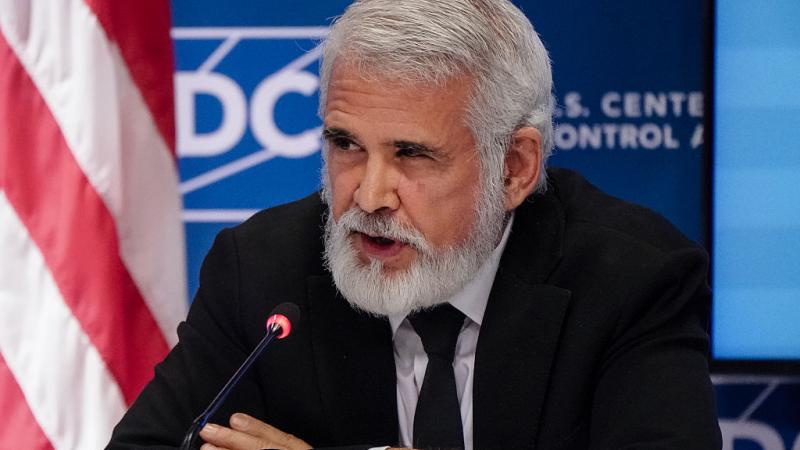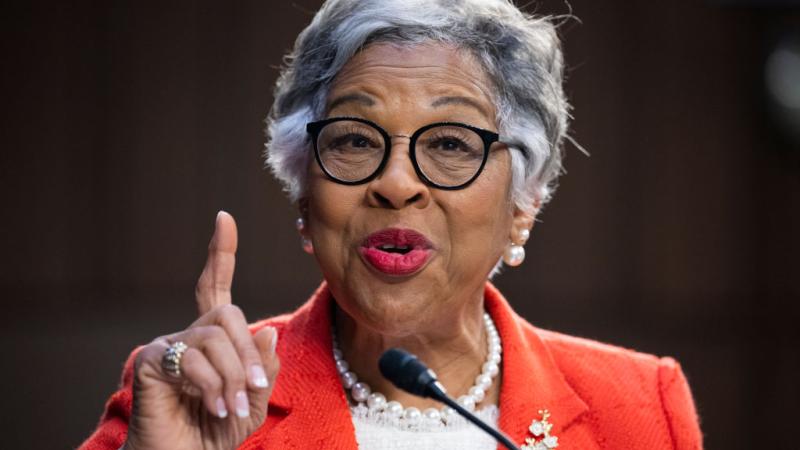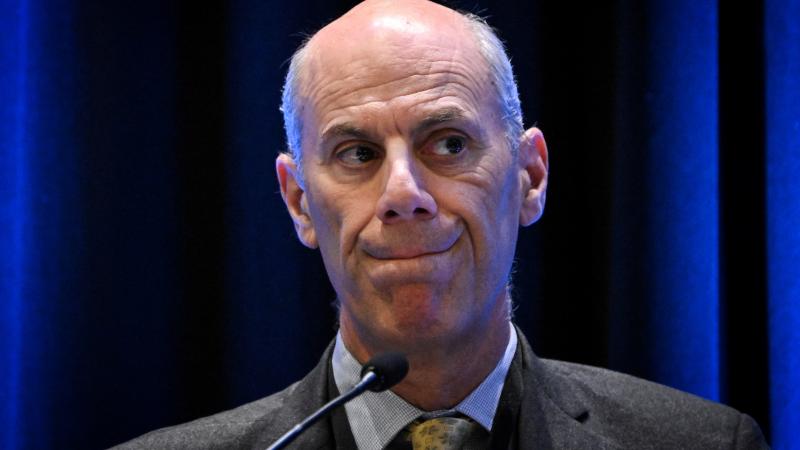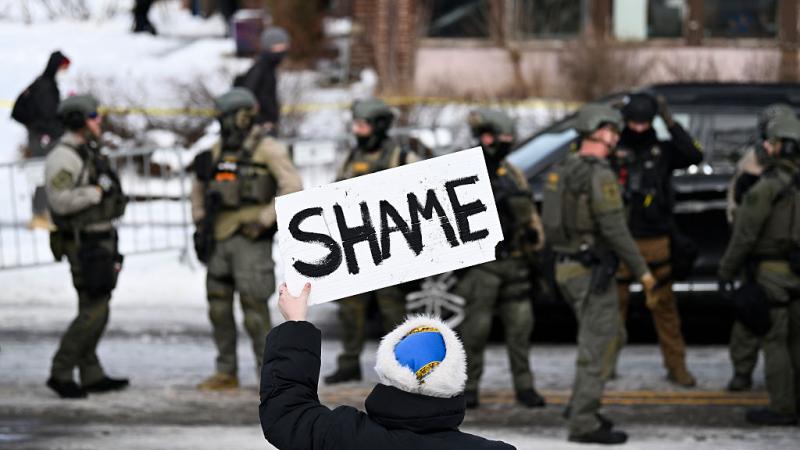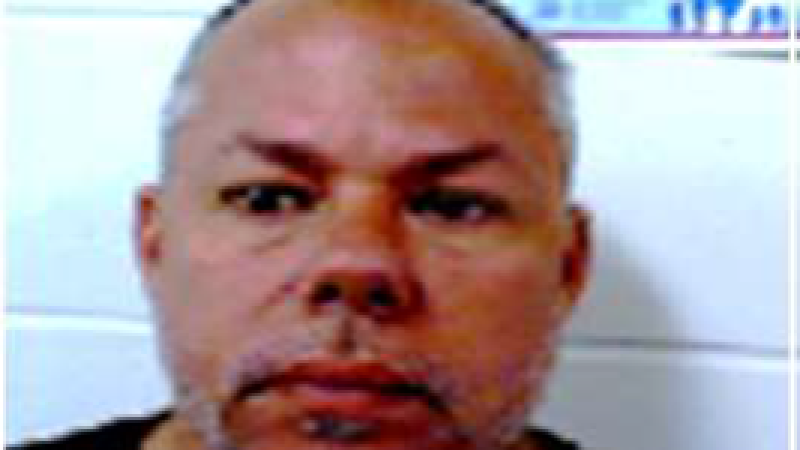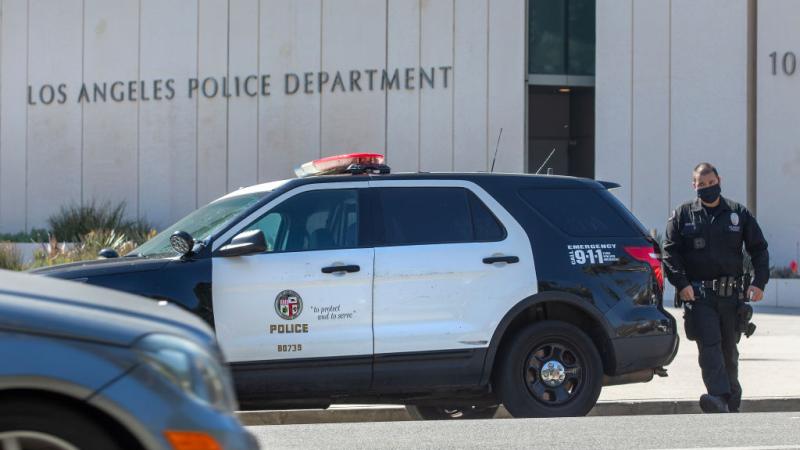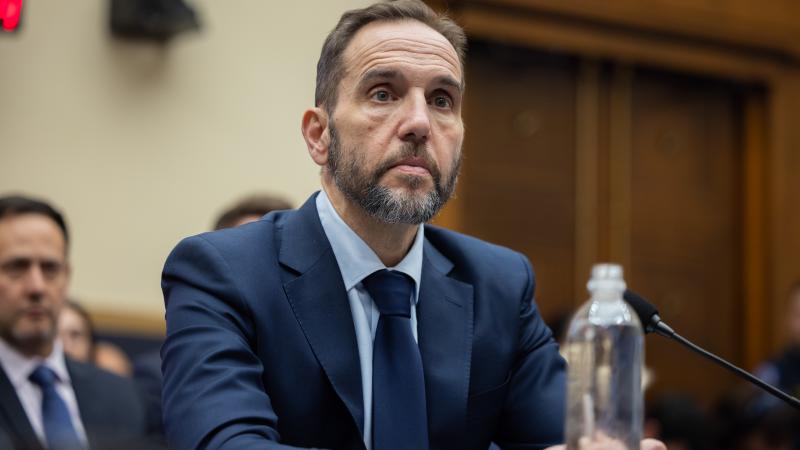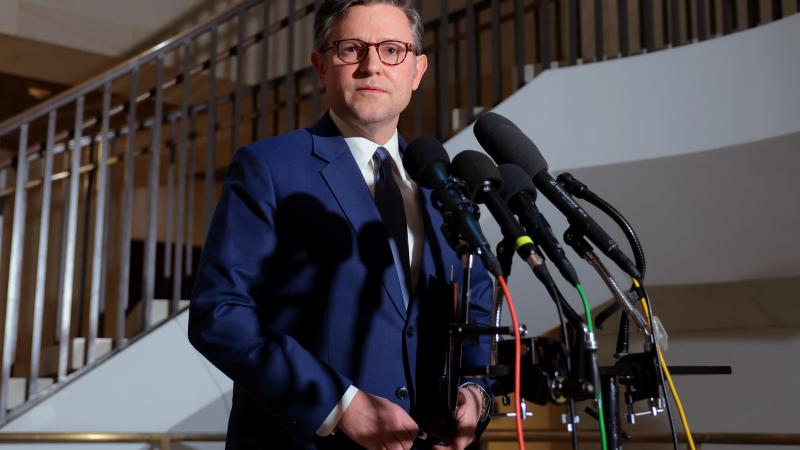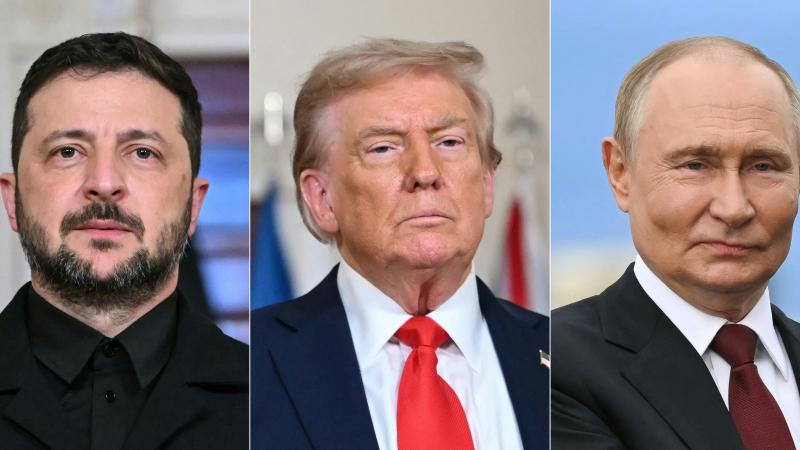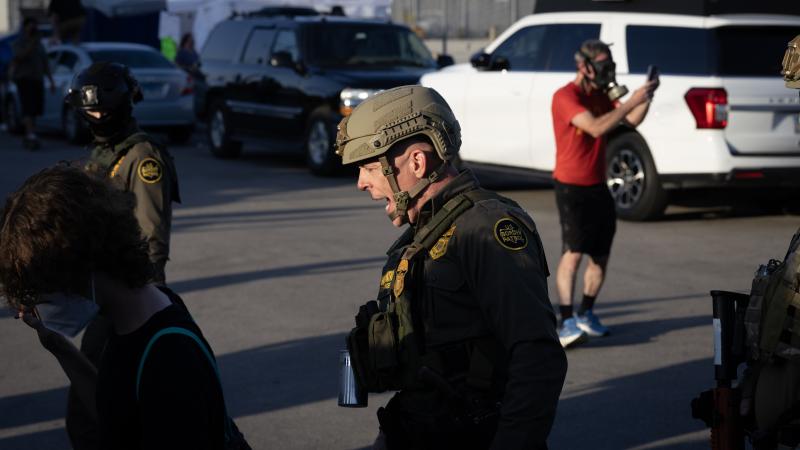Taiwan's success in fighting coronavirus came without WHO
Excluded from U.N. world health body under pressure from China, embattled island state limits COVID-19 deaths to 6 without major economic disruption.
President Trump has floated the idea of freezing U.S. funding for the World Health Organization for up to three months. The backlash was swift and severe from friends of the international health bureaucracy and Trump opponents foreign and domestic.
“Halting funding to the WHO is a dangerous, short-sighted and politically motivated decision, with potential public health consequences for all countries in the world, whether they are rich or poor,” fumed Peter Piot, director of the London School of Hygiene and Tropical Medicine, in one typical reaction.
The world needs the help of the U.N. health body established in 1948 “now more than ever,” Piot said.
But even as countries around the world began suspending inbound travel from China to contain the international spread of the novel coronavirus, the WHO refrained from recommending such travel restrictions — even suggesting such limits could hinder containment efforts. The organization’s director-general Tedros Adhanom Ghebreyessus has been effusive — some might say fawning — in his frequent praise of Chinese transparency, mitigation, and international cooperation in response to the breakout of the virus.
In experiments, control groups are used to gauge performance. A better measure of the efficacy of the WHO during this pandemic than the opinions of either the president or his critics is an embattled country the international health bureaucracy has no influence over, Taiwan.
Taiwan is barred from the WHO, as it is from the U.N. system as a whole, because the People’s Republic of China (PRC) adamantly opposes Taiwanese membership on the grounds that the island is part of China, not a sovereign nation. This has left Taiwan free to pursue its own independent course in combatting the coronavirus.
As of April 15, Taiwan had suffered just 6 fatalities and 395 COVID-19 infections among its population of 24 million. It has managed that without causing major disruptions to its economy and citizens.
If those infection and treatment levels could have been achieved in the U.K., with its population of 67 million, that would equal 17 deaths (compared with an actual total of 13,729, as reported in the RCP Coronavirus Tracker as of publication time on April 16). In the U.S., with 327 million citizens, that would equal 82 fatalities (compared with an actual reported total of 34,458).
On paper, Taiwan should have suffered the full brunt of this pandemic. It is situated just 110 miles off the coast of China, with extensive ties to its giant neighbor. True, it is an island, but that’s no guarantee of protection — look at the U.K.
There are over 30,000 Chinese students from the PRC who study in Taiwan, and a huge number of tourists from the mainland normally visit the island. In addition, over 400,000 Taiwanese work in China.
The fact that Taiwan is a democracy played a very real role in protecting it from the virus.
Taiwan’s presidential elections took place on the island in January, and to prevent Chinese citizens catching the “democracy bug,” the PRC’s ruling Communist Party of China banned independent travel to the island from last August. Later, they advised students to return home before the elections.
The Taiwanese ballot was held on Jan. 11. For the students who returned to Hubei Province on the mainland, they discovered an actual bug was awaiting them.
They were due to fly back to Taiwan to resume studies after the Chinese New Year’s celebrations, which began on Jan. 25, but Taiwan’s newly elected government acted swiftly to ban flights from Wuhan as of Jan. 21 and then all of China two days later.
Taiwan had already been screening inbound passengers from Wuhan since Dec. 31, just after the now-deceased Chinese doctor, Li Wenliang, first shared his observations of a SARS-type disease with his colleagues.
The speed with which Taiwan acted proved critical in reducing the level of infectious people entering the country. They also deployed other successful countermeasures.
Italy implemented its flight ban to China on Jan. 31, and President Trump ordered the American ban the same day, with an effective date of Feb. 2. These moves reduced numbers entering from infected regions in China but were not as successful as in Taiwan.
These two bans were not imposed until after the Chinese New Year, which would have allowed people to return after visiting their homeland for the celebrations. It is not yet clear how significant that factor was in spreading the disease.
President Trump may have been one of the first to defy the WHO’s policy on travel restrictions, but he could not act as swiftly as Taiwan, which was free from its guidelines.
Direct flights between Rome and the industrial city of Wenzhou were still operating until just before it was ordered into lockdown on Feb. 2, due to virus numbers, and the WHO is responsible for encouraging travel to continue from infected areas.
Under lockdown legislation in many countries, people now face fines just for getting too close to others and criminal charges for knowingly spreading the disease.
How should an organization that encouraged jets to continue flying thousands of people from disease-ridden cities and countries be treated?
Andrew Davies is a writer and video producer based in the U.K.



